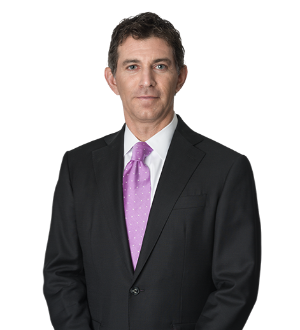Best Lawyers Near You in Scottsdale, Arizona for Securities Regulation
Practice Area Overview
Clients also need advice in investigations and enforcement actions concerning possible violations of the securities laws. These investigations may be conducted by the SEC, by state securities commissions or attorneys general, FINRA and other self-regulatory organizations (including, for accounting firms, the PCAOB), and federal or state criminal prosecutors. Securities regulatory lawyers may represent individuals or entities in these inquiries, and must often coordinate with other law firms in industry-wide investigations. Securities regulatory lawyers conduct internal investigations for companies or their boards of directors as well as regulatory entities, including individual, class, and derivative actions, and in arbitrations before FINRA, JAMS, AAA, and international arbitration forums.
Securities regulatory lawyers must understand the relevant legal and regulatory issues and the different products and services subject to securities regulation. These products and services include common and preferred stock; corporate, government, agency, municipal and convertible bonds; open-end and closed-end mutual funds; exchange-traded funds and notes; structured products; asset-backed securities; private funds; separately managed accounts; variable annuities; 529 plans; warrants; options; futures; swaps; commodity pools; bank collective trust funds; and insurance separate accounts. Securities regulatory lawyers also must understand the roles of floor-based and electronic exchanges, dark pool and other alternative trading systems, over-the-counter, "upstairs" and private placement markets, the clearance and settlement utilities, and the rules relating to all of these markets. Securities regulatory lawyers must understand how to conduct cross-border transactions consistent with the laws and regulations of the relevant jurisdictions. Finally, securities regulatory lawyers must stay current on legal, regulatory, and enforcement developments of the SEC, CFTC, FINRA, MSRB, PCAOB, the securities and futures exchanges, the states, and, post-Dodd-Frank, the Federal Reserve Board, FSOC, and other banking regulators.

Corporate Law & Commercial Litigation Legal Guide 2025
View Legal GuideLawyers who have a subscription to profiles appear first.
Would you like to claim your lawyer profile?
Contact UsOur Methodology
Recognition by Best Lawyers is based entirely on peer review. Our methodology is designed to capture, as accurately as possible, the consensus opinion of leading lawyers about the professional abilities of their colleagues within the same geographical area and legal practice area.
The Process
Best Lawyers employs a sophisticated, conscientious, rational, and transparent survey process designed to elicit meaningful and substantive evaluations of the quality of legal services. Our belief has always been that the quality of a peer review survey is directly related to the quality of the voters.


